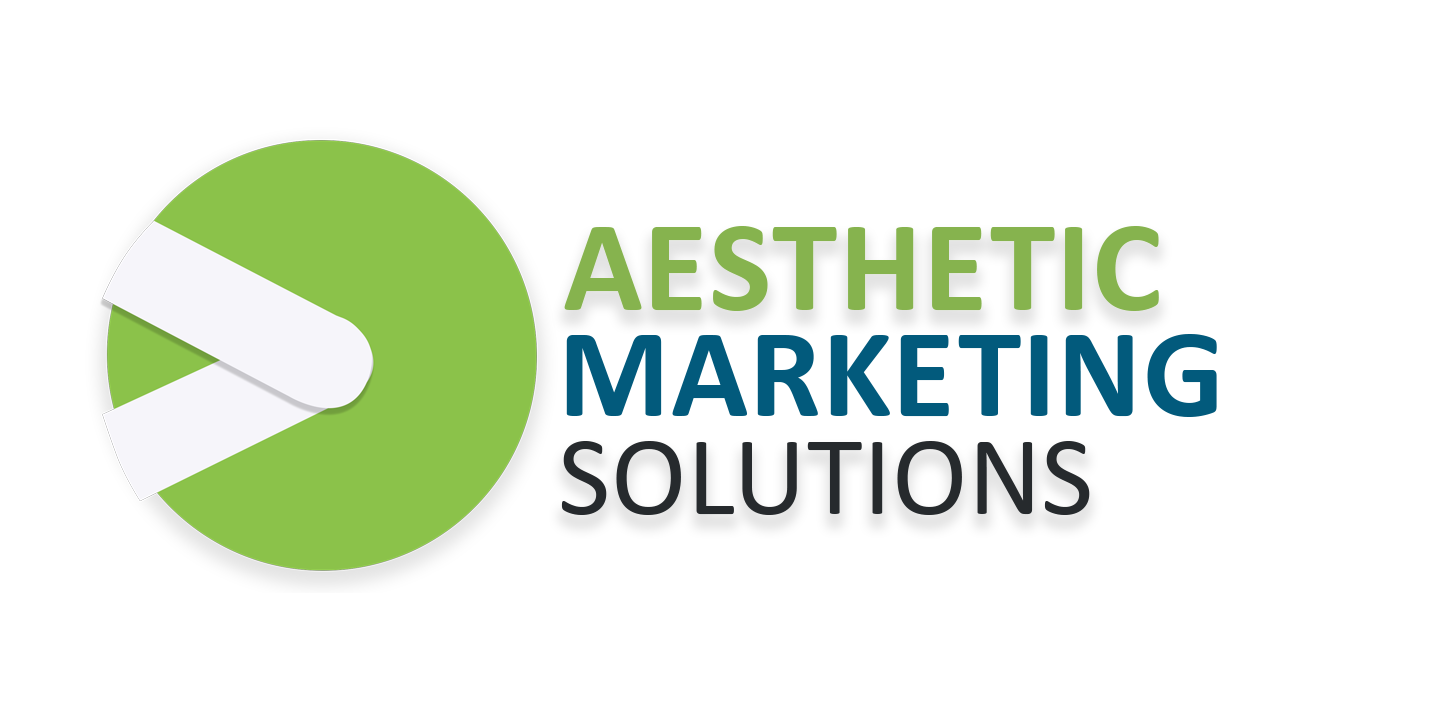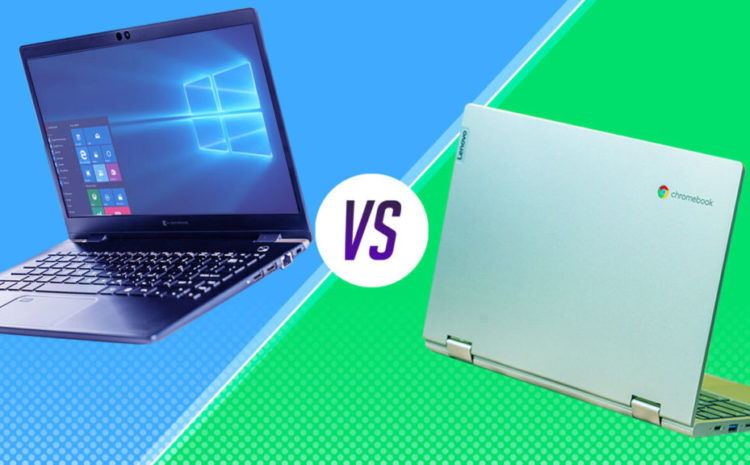Comparison Laptops, Notebooks & Chromebooks
Aesthetics Marketing Solutions we aim to aid in the advancement of Belize’s technological sector so we have made various observations with questions and issues Belizeans have when it comes to choosing the right equipment. It has been my observation that many people have been battling this question,. confusing laptops with notebooks and Chromebooks. There are many differences and in this article, we will explore each to best aid the Belizean people in choosing the right device for the right job.
Definitions
Laptops- a portable microcomputer having its main components (such as processor, keyboard, and display screen) integrated into a single unit capable of battery-powered operation.
Notebooks (smaller than laptops)
Chromebooks (any laptop or notebook which runs the Google operating system called Chrome OS)
Aesthetics Marketing Solutions’ synopsis

Laptops are all in all the most powerful of the 3, it can easily be identified in Belize for their hard drive size which would be over 300Gb, and a ram of about 4GB or more. Also, it is good to look out for the processor, these days it is standard to have an I5 or above. The first number after the I5 is the generation number. so an I5 9th gen would read I5 9.something.
Notebooks are a bit smaller and lighter than laptops, they tend to have most components built-in and are a bit harder to upgrade. However, these days having notebooks are a norm. They come with the same basic capabilities of a laptop but are just not as easy to do upgrades. They are also really small notebooks that have a limited capacity which makes it hard to upgrade and save documents and large files.
Chromebooks the most obvious feature of chrome books is the fact that it does not come with Windows or OSX installed they come with Chrome OS. They have smaller disk sizes and ram so they are not made for heavy-duty tasks. You will not be able to install windows programs on these. You have a better chance of installing android apps.
Weight and Portability
Remember, size matters. An extra pound of weight in a laptop or notebook may not sound like much, but you may appreciate the difference after balancing it on your lap or packing it around in a briefcase. Unfortunately, weight is often inversely proportional to price. Heavier models tend to fetch a lower price, while leaner ones often come at a premium.
On the other hand, if the display size is a concern (as described below) you may want to sacrifice weight and portability for a larger size. Smaller notebooks also have more cramped keyboards which can be uncomfortable for some users.
Budget vs Performance

Before you buy, check your budget and weigh it against how you intend to use your personal or business laptop. Do you need something to video and photo editing? Are you a serious gamer or a power business user who typically uses multiple applications at the same time? Or do you just want one for basic stuff like web surfing and video chatting with friends and family?
Although the price differential has dropped greatly in recent years, laptop/notebook computers still tend to be more expensive compared to desktop computers. You pay a premium for being able to pack your office around with you. This, of course, also depends on the brand you’re buying as well as any specs going into the laptop.
And unlike PC desktop computers, laptops, notebooks, and tablets are often difficult or impossible to upgrade with interchangeable components. If you buy one, try to choose one with all the features you want at the time of purchase.
A laptop/notebook’s performance, power, and price—like any desktop computer—is also determined by:
- Processor (CPU): Pricier models have higher processor speeds, which means better performance with CPU intensive tasks. If your tasks mainly involve word processing and web surfing, you won’t need a faster processor.
- Graphics (GPU): If you plan to run graphics-intensive gaming or virtual reality (VR) applications, a high-end graphics processor is essential. Ultra high-end graphics capability can easily add over $1000 to the price of a laptop.
- Amount of memory (RAM): A typical inexpensive laptop/notebook comes with 8 GB of RAM which is sufficient for light duties. If you intend to run multiple applications simultaneously, more is preferable. For power users or gamers, 16 GB or more may be required.
- Disk speed: Solid state drives (SSDs) can give a huge performance boost over the traditional mechanical hard drives (HDDs). SSDs are more expensive than HDDs but are rapidly declining in price. SSD drives also have much less capacity than HDD drives. If you need more disk storage space you may consider getting an external hard drive.
- Options such as fingerprint readers, ruggedization for adverse conditions, etc.
The brand name will also determine how much you’ll up-pay for your portable device. Cheaper models that don’t do as much can cost a few hundred dollars. Those made by top manufacturers like Apple or Microsoft can cost in the thousands, depending on the model and specs.
Operating Systems

Laptop/notebook buyers have a choice of several operating systems:
- Microsoft Windows is the dominant operating system with a large majority of the desktop/laptop market.
- MacOS is supplied with the Apple MacBook line of laptop/notebook computers.
- Google Chrome OS is a lightweight operating system that is sold with notebooks referred to as Chromebooks. Chromebooks were originally very inexpensive, barebones, net-surfing appliances, but now come in full-featured (and more expensive) versions.
- Google Android is a popular tablet/smartphone operating system. Whether Google will continue to support both Chrome OS and Android or merge the two into a single OS is unclear.
For most buyers, the choice will be between Windows and mac OS which comes down to preference. If you are an Apple fan and have other Apple products, you may prefer the macOS. You can easily sync your Apple products to each other to share and transfer data.
Those accustomed to using Windows (or working in business environments where Windows dominates) will likely prefer to use a Windows-based laptop/notebook.
For more information please reference the Small Business Website: https://www.thebalancesmb.com/before-you-buy-a-laptop-or-notebook-computer-2946956










Write a Comment
You must be logged in to post a comment.